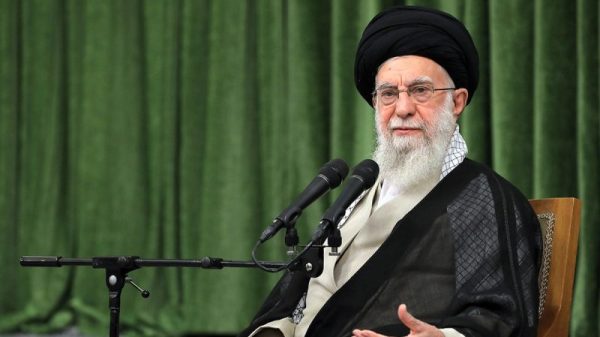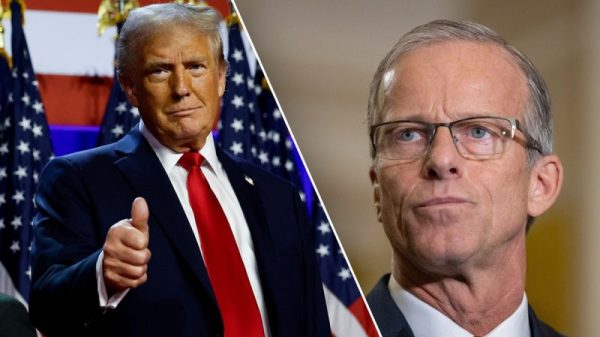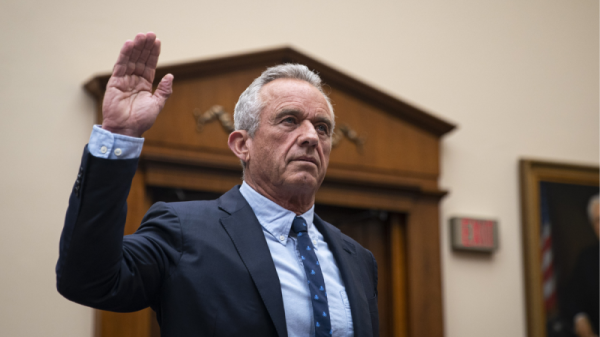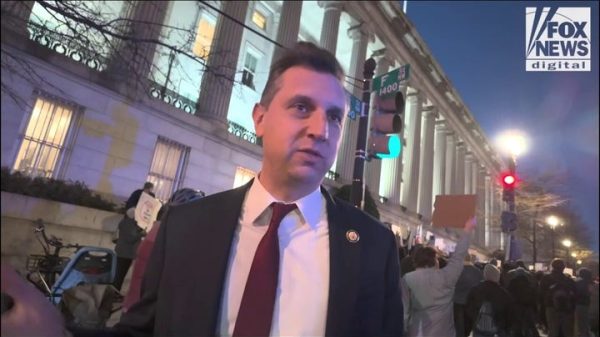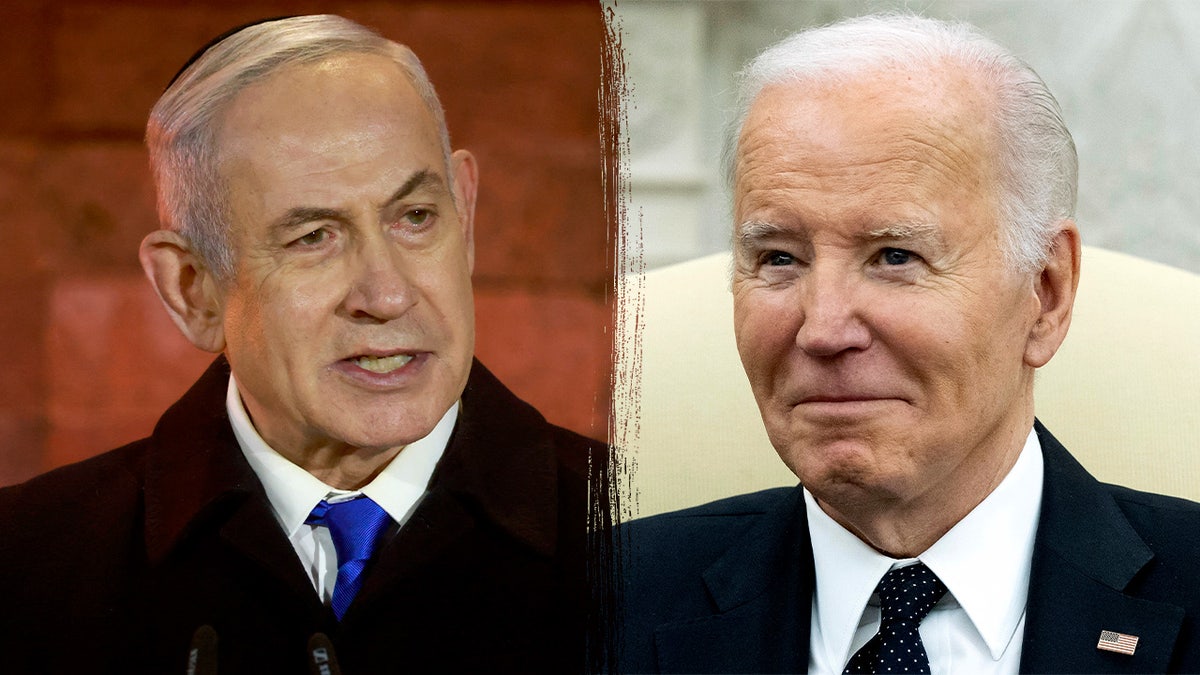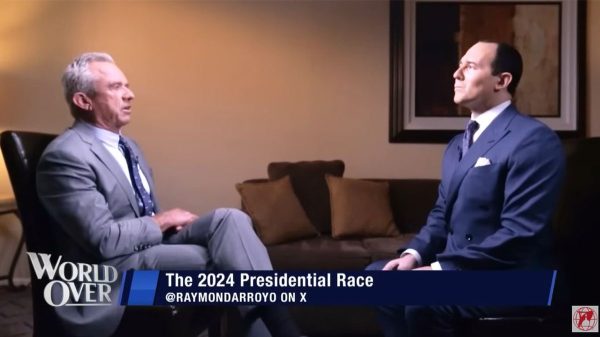President Biden has urged Hamas to accept a new peace deal on offer from Israel, but some remain skeptical about the details of the deal and whether it was Israel who proposed the deal in the first place.
‘The Israeli government is united in the desire to return our hostages as soon as possible and is working to achieve this goal,’ a statement from Israeli Prime Minister Benjamin Netanyahu’s office read.
‘Therefore, the Prime Minister authorized the negotiating team to present an outline for achieving this goal, while insisting that the war will not end until all of its goals are achieved, including the return of all our hostages and the elimination of Hamas’ military and governmental capabilities,’ the statement continued.
‘The exact outline proposed by Israel, including the conditional transition between the stages, allows Israel to maintain these principles,’ the statement concluded.
Shortly after Biden’s announcement, Congress issued a letter to Netanyahu inviting him to address a joint meeting of the House of Representatives and the Senate, citing the ‘existential challenges’ the two nations face, including increased cooperation between rival nations Iran, China and Russia.
‘To build on our enduring relationship and to highlight America’s solidarity with Israel, we invite you to share the Israeli government’s vision for defending democracy, combating terror and establishing a just and lasting peace in the region,’ the letter declared.
Biden addressed the Israel-Gaza war from the White House on Friday, insisting that ‘it’s time for this war to end, and the day after to begin.’
He laid out that Israel has proposed a three-tiered ceasefire plan, which has been transmitted by Qatar to Hamas after intensive negotiations between Israel, Qatar, Egypt and ‘other Middle Eastern countries.’
Some confusion followed whether the plans Biden and Netanyahu each mentioned were the same or different, with some arguing that the language Netanyahu used could indicate two plans in discussion, but a National Security Council (NSC) spokesperson told Fox News Digital that these were the same plan.
Biden called Israel’s deal ‘comprehensive’ and a ‘roadmap to an enduring ceasefire and the release of all hostages’: The first phase would last for six weeks that would include a full withdrawal of Israeli forces from populated areas of Gaza and the release of a number of hostages – including Americans – in exchange for hundreds of Palestinian prisoners and the return of the remains of deceased hostages to their families.
Biden also claimed the deal would allow 600 trucks with humanitarian aid to enter Gaza ‘every single day’ and reach those who needed it most. Meanwhile, negotiations would continue to help the deal move from Phase One to Phase Two, which would include the release of all remaining living hostages, followed by a thorough reconstruction plan for Gaza in Phase Three.
‘I want to level with you today as to where we are and what might be possible, but I need your help: Everyone who wants peace now must raise their voices,’ Biden said. ‘Let the leaders know they should take this deal, work to make it real, make it lasting, and forge a better future out of the tragic terror attack and war.’
‘It’s time to begin this new stage, for the hostages to come home, for Israel to be secure, for the suffering to stop,’ he added, stressing that Hamas faces ‘truly a decisive moment.’
However, some have quickly taken a critical stance on the proposal, with some suggesting the deal on offer would not end Hamas but instead help them escape total annihilation.
‘What the president outlined was a pathway for Hamas to survive, rebuild and one day be capable of launching another October 7, while allowing Hezbollah to remain an even greater threat on Israel’s northern border,’ Richard Goldberg, a senior advisor at the Foundation for Defense of Democracies, told Fox News Digital.












